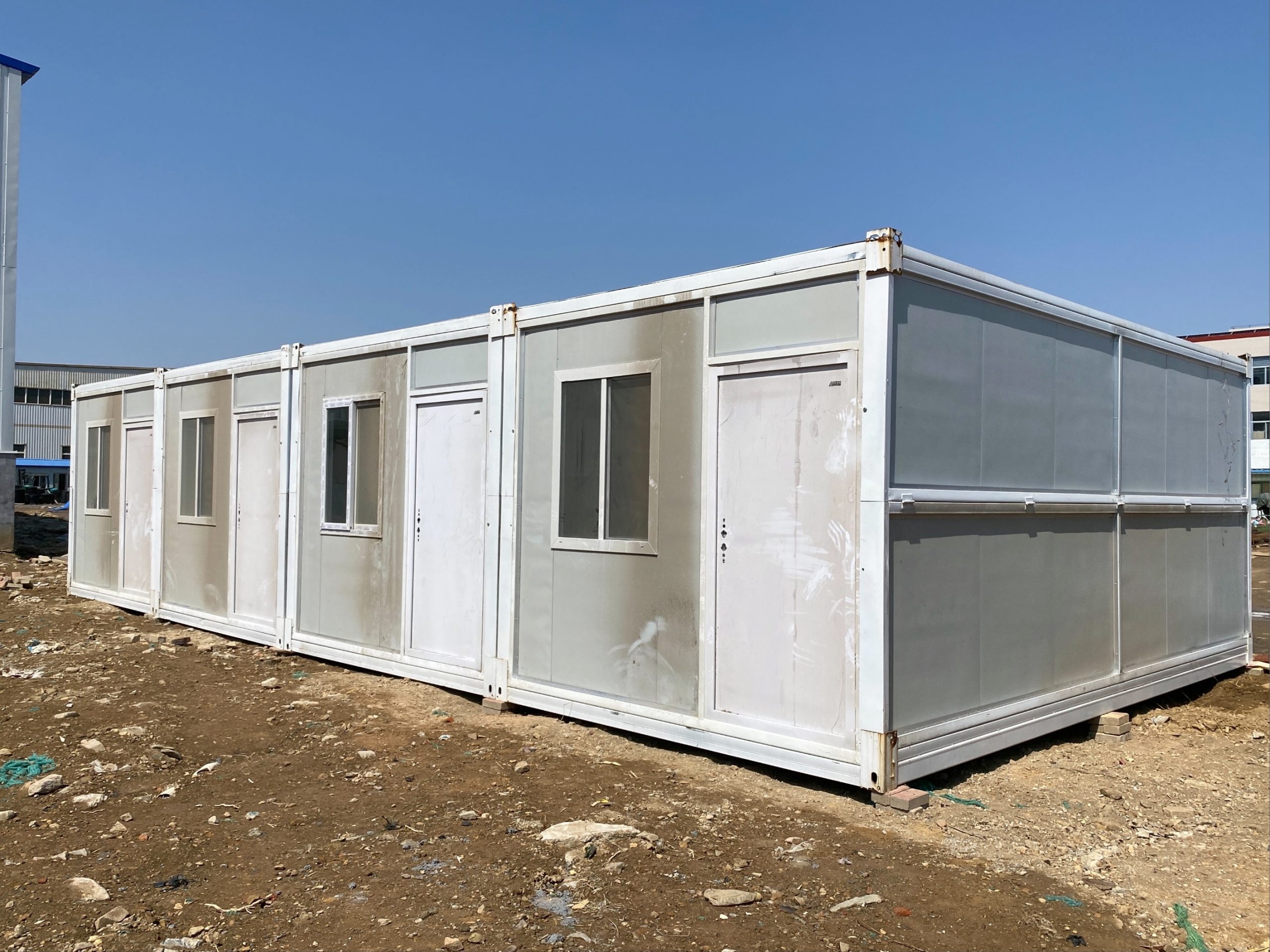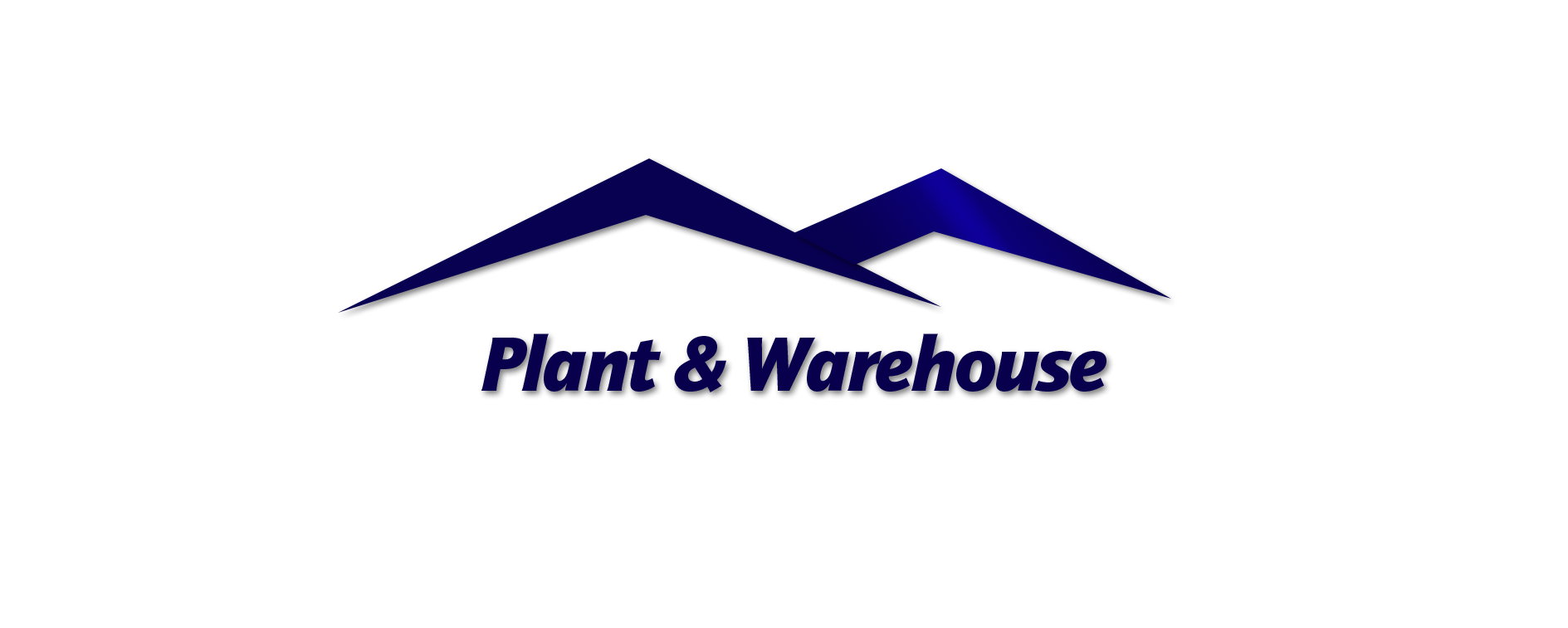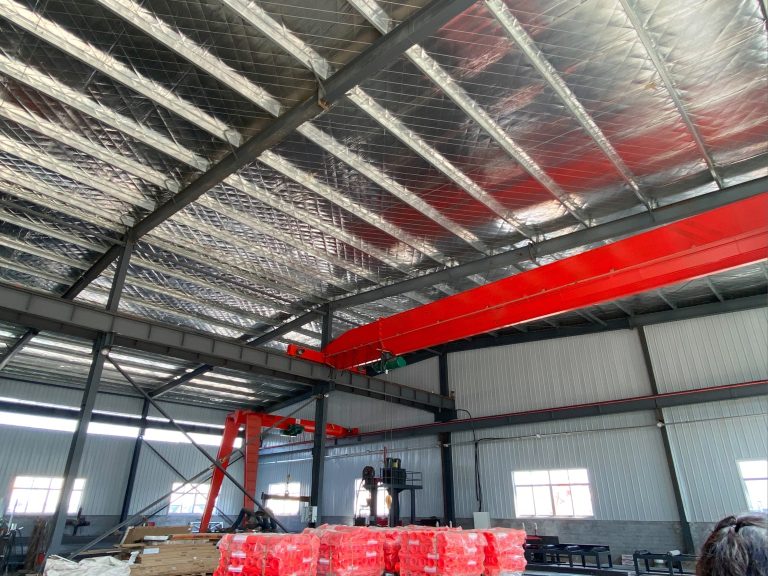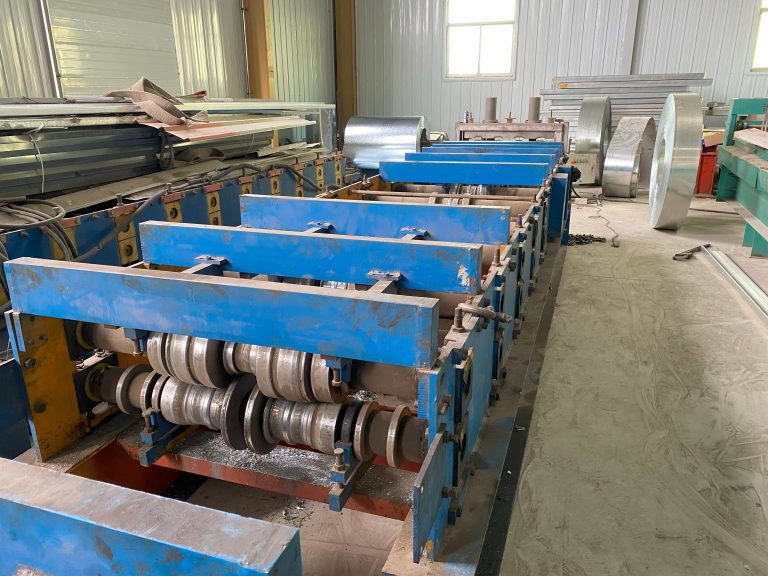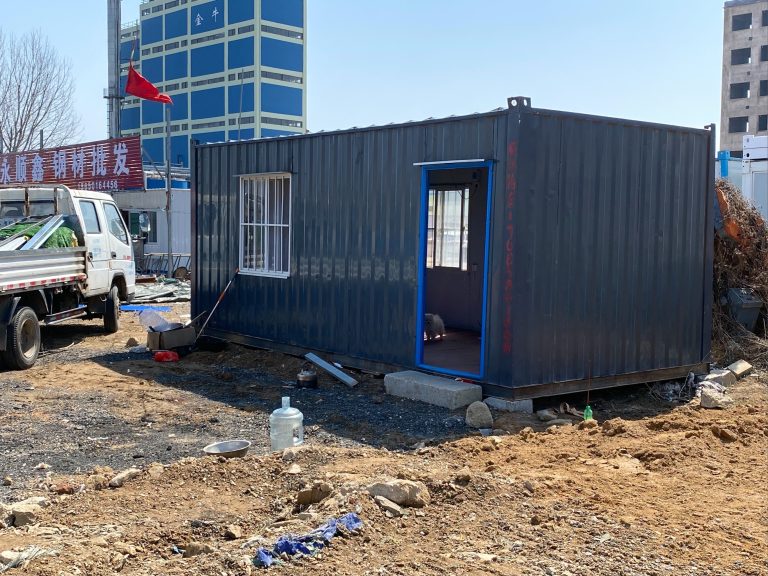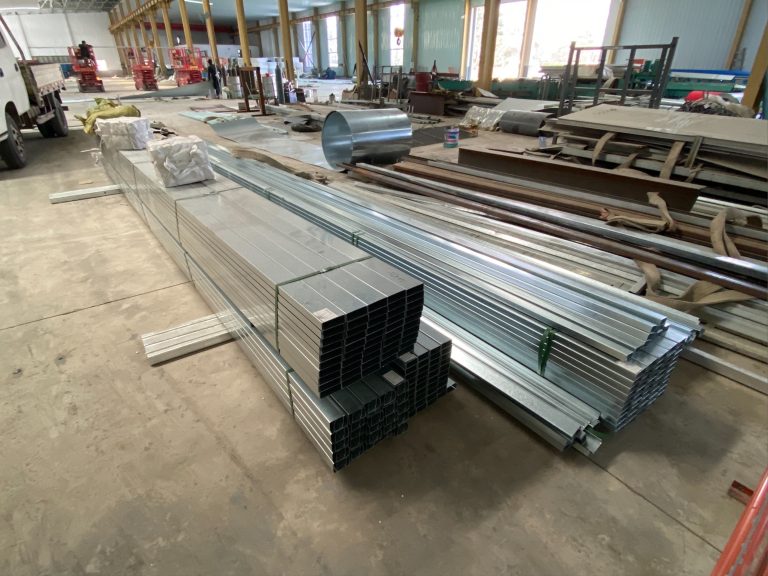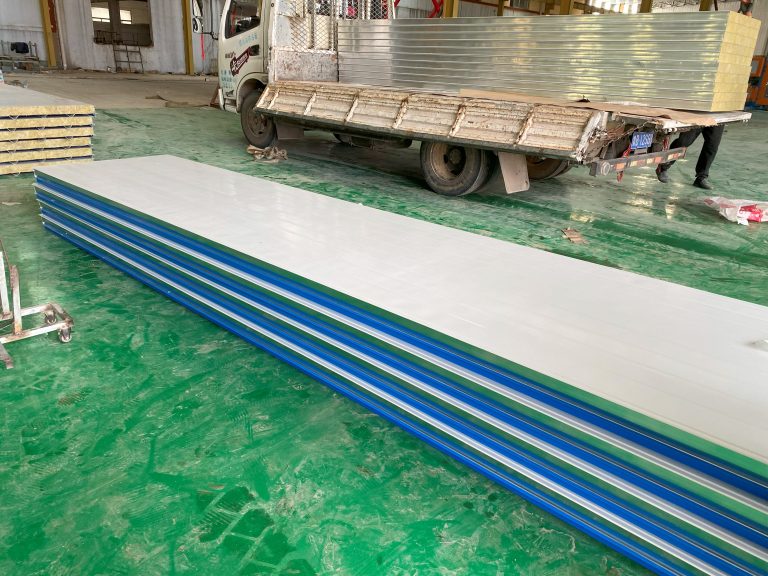Technology innovation of intelligent construction process optimization of steel structure based on AI
Table of Contents
Advantages of Implementing AI in Steel Structure Construction
In recent years, the construction industry has seen a significant shift towards the integration of technology to improve efficiency and productivity. One area where this is particularly evident is in the use of artificial intelligence (AI) to optimize the construction process of steel structures. By harnessing the power of AI, construction companies can streamline their operations, reduce costs, and improve the overall quality of their projects.
One of the key advantages of implementing AI in steel structure construction is the ability to optimize the design process. AI algorithms can analyze vast amounts of data to identify the most efficient and cost-effective design solutions. This not only saves time and resources but also ensures that the final structure is structurally sound and meets all necessary safety standards.
Furthermore, AI can be used to optimize the construction process itself. By analyzing data from previous projects, AI algorithms can identify potential bottlenecks and inefficiencies in the construction process and suggest ways to improve them. This can help construction companies to complete projects more quickly and with fewer errors, ultimately saving time and money.
Another advantage of implementing AI in steel structure construction is the ability to improve safety on construction sites. AI-powered sensors can monitor the health and safety of workers in real-time, alerting supervisors to potential hazards and helping to prevent accidents before they occur. This not only protects the well-being of workers but also reduces the risk of costly delays and legal liabilities.
In addition to improving safety, AI can also help to reduce waste and minimize environmental impact. By optimizing the construction process, AI algorithms can identify ways to reduce material waste and energy consumption, leading to more sustainable construction practices. This is not only beneficial for the environment but can also help construction companies to meet increasingly stringent regulations and standards.
Furthermore, AI can be used to improve the maintenance and longevity of steel structures. By analyzing data from sensors embedded in the structure, AI algorithms can detect signs of wear and tear before they become serious issues, allowing for timely repairs and maintenance. This can help to extend the lifespan of steel structures and reduce the need for costly repairs in the future.
Overall, the implementation of AI in steel structure construction offers a wide range of benefits, from optimizing the design process to improving safety and sustainability. By harnessing the power of AI, construction companies can streamline their operations, reduce costs, and improve the overall quality of their projects. As technology continues to advance, we can expect to see even greater innovations in the field of intelligent construction process optimization, leading to more efficient and sustainable construction practices in the future.
Future Trends in Intelligent Construction Process Optimization Using AI Technology
In recent years, the construction industry has seen a significant shift towards the adoption of advanced technologies to improve efficiency and productivity. One of the most promising technologies in this regard is artificial intelligence (AI), which has the potential to revolutionize the way construction projects are planned, designed, and executed. In particular, AI is being used to optimize the construction process of steel structures, leading to faster completion times, lower costs, and higher quality outcomes.
One of the key areas where AI is making a significant impact in the construction industry is in the optimization of the construction process. By using AI algorithms, construction companies can analyze vast amounts of data to identify patterns and trends that can help them make more informed decisions about how to plan and execute their projects. This includes everything from determining the most efficient way to lay out a construction site to optimizing the design of steel structures for maximum strength and durability.
One of the ways in which AI is being used to optimize the construction process of steel structures is through the use of advanced modeling and simulation techniques. By creating detailed 3D models of the construction site and the steel structure itself, AI algorithms can simulate different construction scenarios to identify the most efficient and cost-effective way to build the structure. This can help construction companies save time and money by avoiding costly mistakes and delays.
Another way in which AI is being used to optimize the construction process of steel structures is through the use of predictive analytics. By analyzing historical data from previous construction projects, AI algorithms can predict potential issues and bottlenecks that may arise during the construction process. This allows construction companies to proactively address these issues before they become major problems, leading to smoother and more efficient construction projects.
Furthermore, AI is also being used to optimize the design of steel structures themselves. By analyzing data on the properties of different materials and construction techniques, AI algorithms can help engineers design steel structures that are stronger, more durable, and more cost-effective. This can lead to significant savings in terms of materials and labor costs, as well as improved safety and structural integrity.
Overall, the integration of AI technology into the construction process of steel structures has the potential to revolutionize the way construction projects are planned and executed. By leveraging the power of AI algorithms to analyze data, simulate construction scenarios, and optimize design decisions, construction companies can achieve faster completion times, lower costs, and higher quality outcomes. As AI technology continues to advance, we can expect to see even greater innovations in the field of intelligent construction process optimization, leading to a more efficient and sustainable construction industry.
